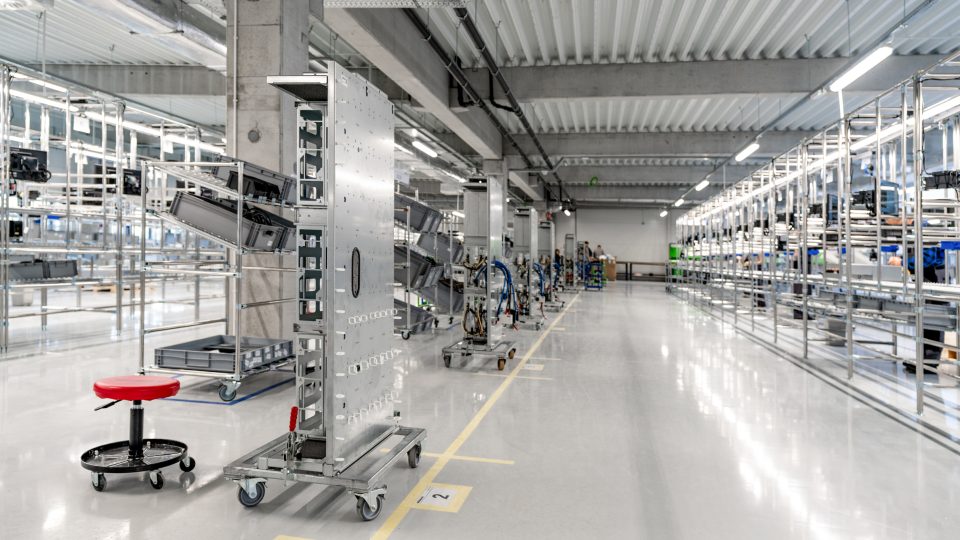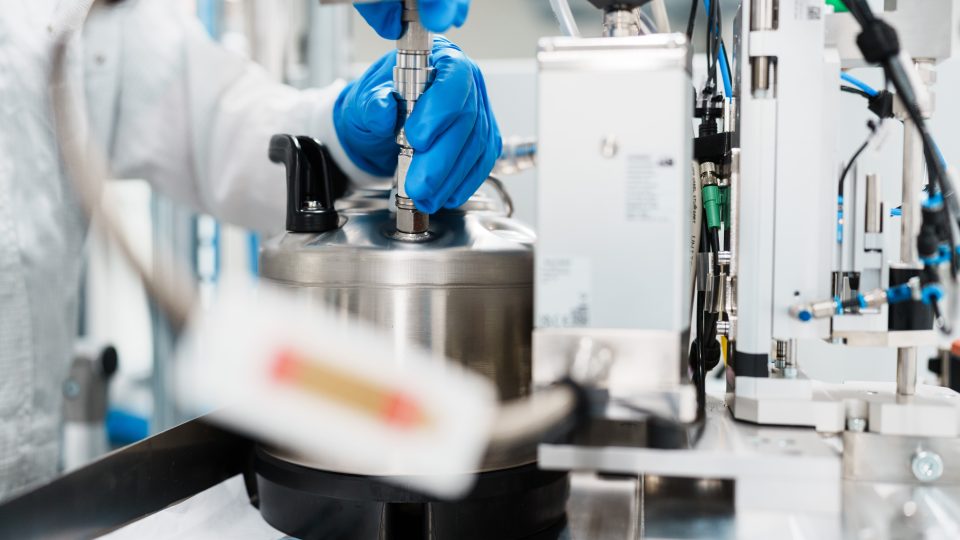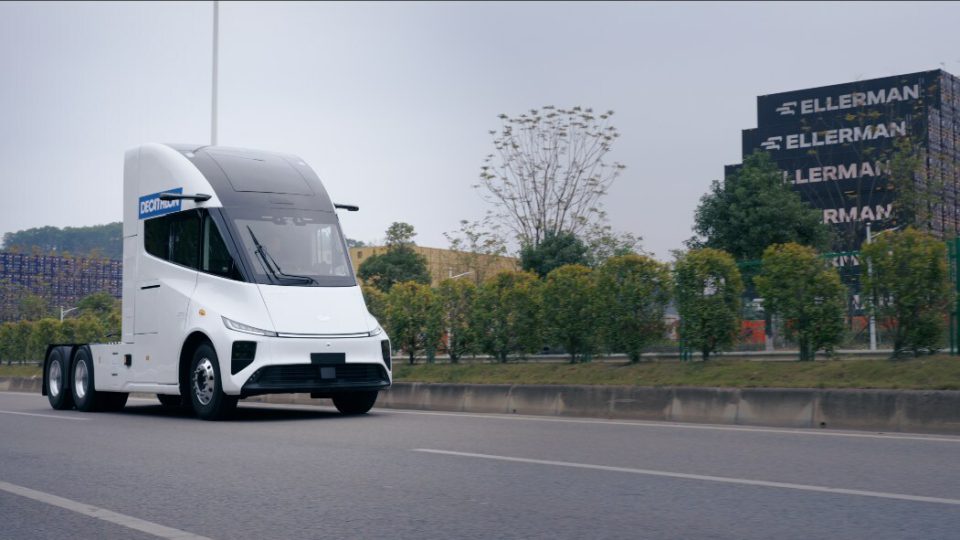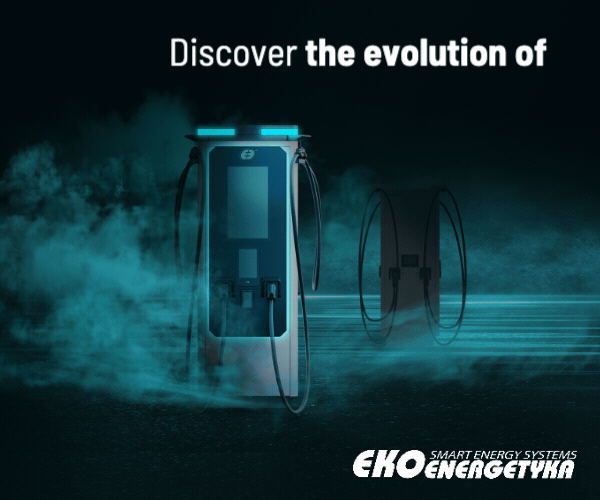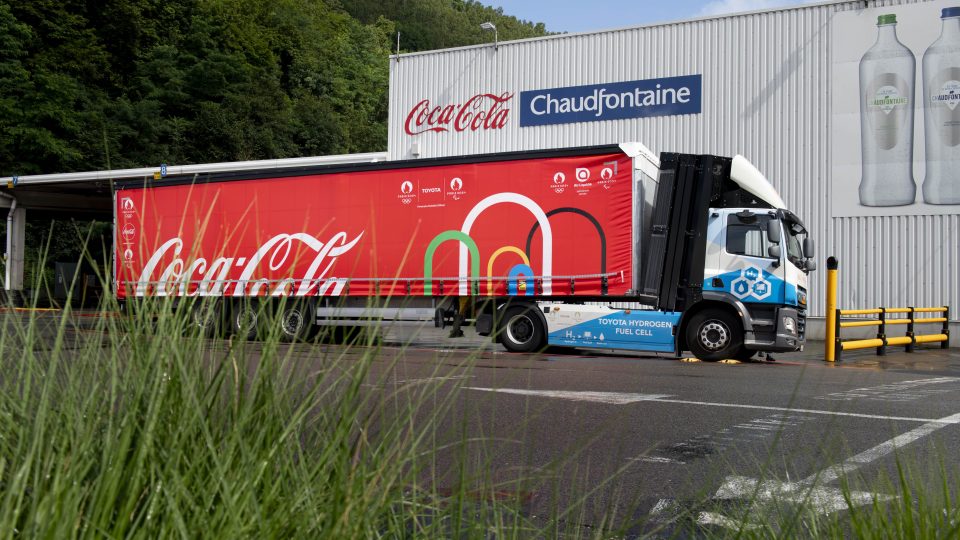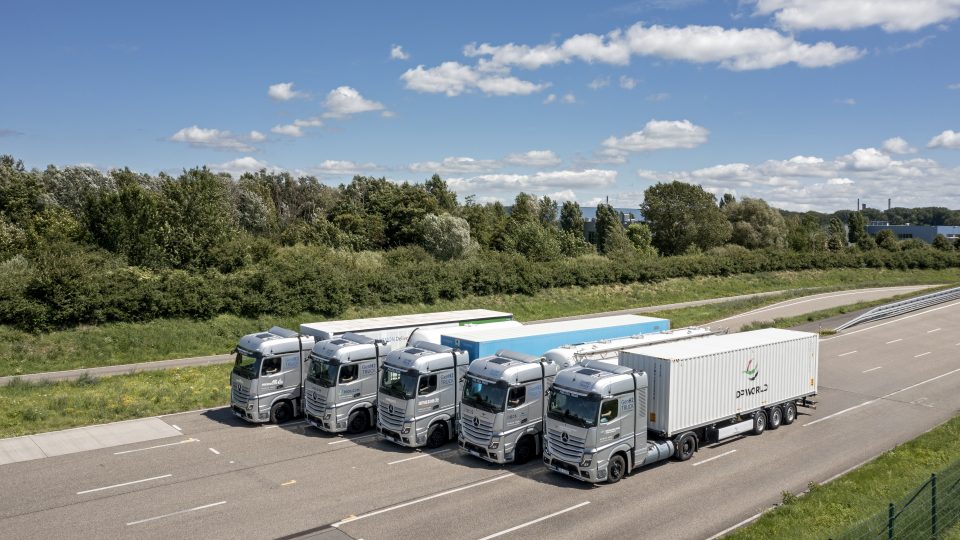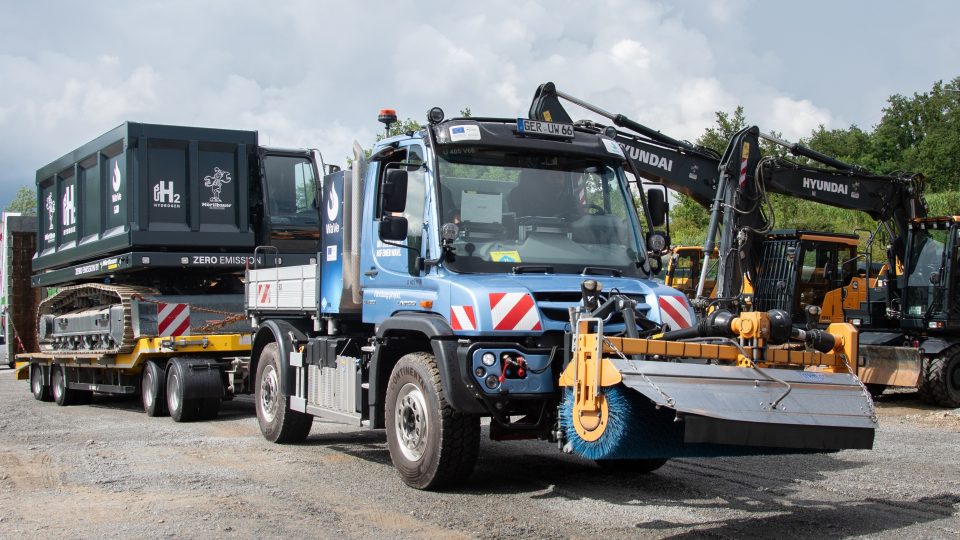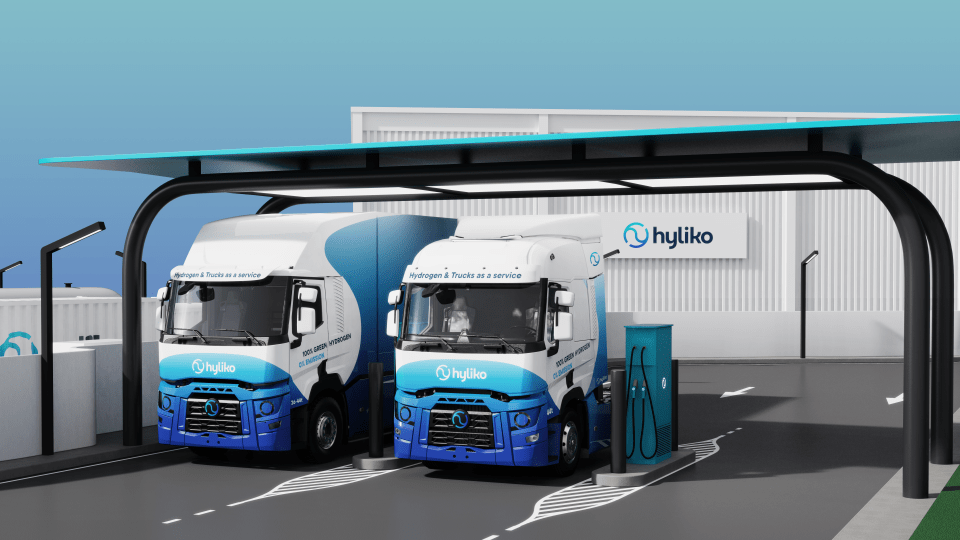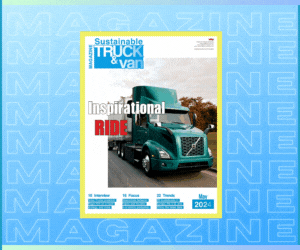Eaton and Ballard to work together on truck fuel cell technology
The agreement also includes a third party that is National Renewable Energy Laboratory. The partnership is the result of a grant Eaton’s Vehicle Group received from the U.S. Department of Energy to develop highly efficient hydrogen fuel cells capable of powering heavy-duty machinery.
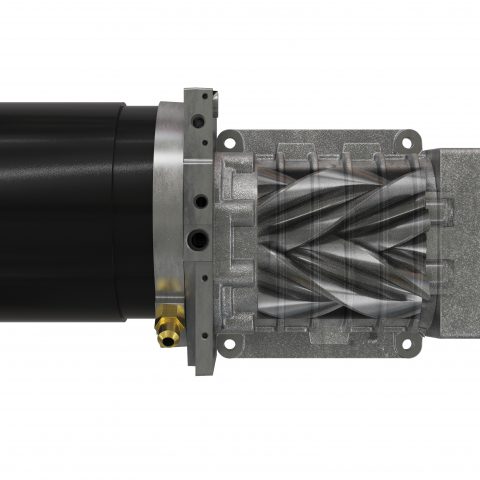
Eaton Vehicle Group and Ballard Fuel Cell Systems have announced a cooperation with the aim of developing fuel cell technology for heavy-duty trucks. To be more precise, the agreement also includes a third party that is National Renewable Energy Laboratory. The partnership is the result of a grant Eaton’s Vehicle Group received from the U.S. Department of Energy to develop highly efficient hydrogen fuel cells capable of powering heavy-duty machinery.
We’re honored to be partnering with Ballard and the NREL to build this new, innovative technology that will address global climate change. Eaton has a long history of working with our industry counterparts and federal research organizations to create sustainable solutions, reduce our footprint and advance our vision of improving the quality of life and the environment
Karl Sievertsen, vice president and chief technology officer, Eaton’s Vehicle Group
Eaton with Ballard, based on Twin Vortices Series technology
The new fuel cell technology will leverage Eaton’s Twin Vortices Series (TVS) technology to improve fuel efficiency. This marks another important step in Eaton’s commitment to decarbonizing the transportation sector, building on the company’s more than two decades of investments and solutions that help to mitigate climate change.
«Our TVS supercharger technology provides fuel cell manufacturers with a precise amount of controlled air to increase power and efficiency», said Karl Sievertsen, vice president and chief technology officer, Eaton’s Vehicle Group. «The efficiency of competitive fuel cells is lower because most hydrogen fuel cells use simple fans for air flow, which produces less pressure and is not controllable».
With a little help from additive manufacturing
Eaton will leverage its Corporate Research Labs in Golden, Colorado and Additive Manufacturing Center of Excellence in Southfield, Michigan to produce the technology, using cutting-edge power electronics and advanced 3D-printing. Eaton’s Vehicle Group will design and test a subscale, proof-of-concept system prototype utilizing its TVS technology that delivers a significant reduction in air system power consumption and fuel cell efficiency for heavy-duty truck applications. Eaton’s TVS technology is ideal for harsh environments, as it can tolerate water, has operating maps with broad efficiency, and provides accurate air flow control in proportion to speed. These properties enable a water applicator to replace the humidifier to achieve higher operating pressure ratios and isentropic efficiencies.




